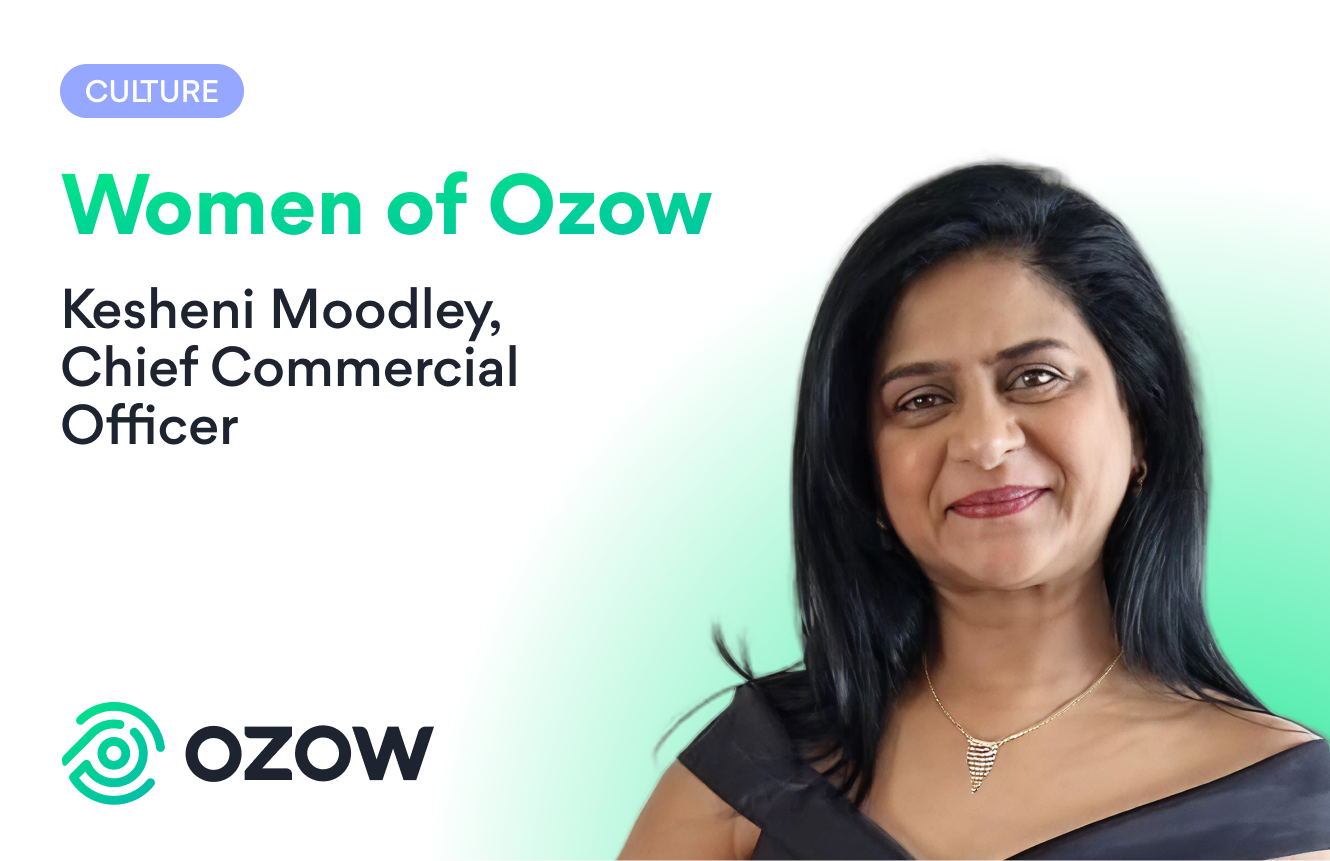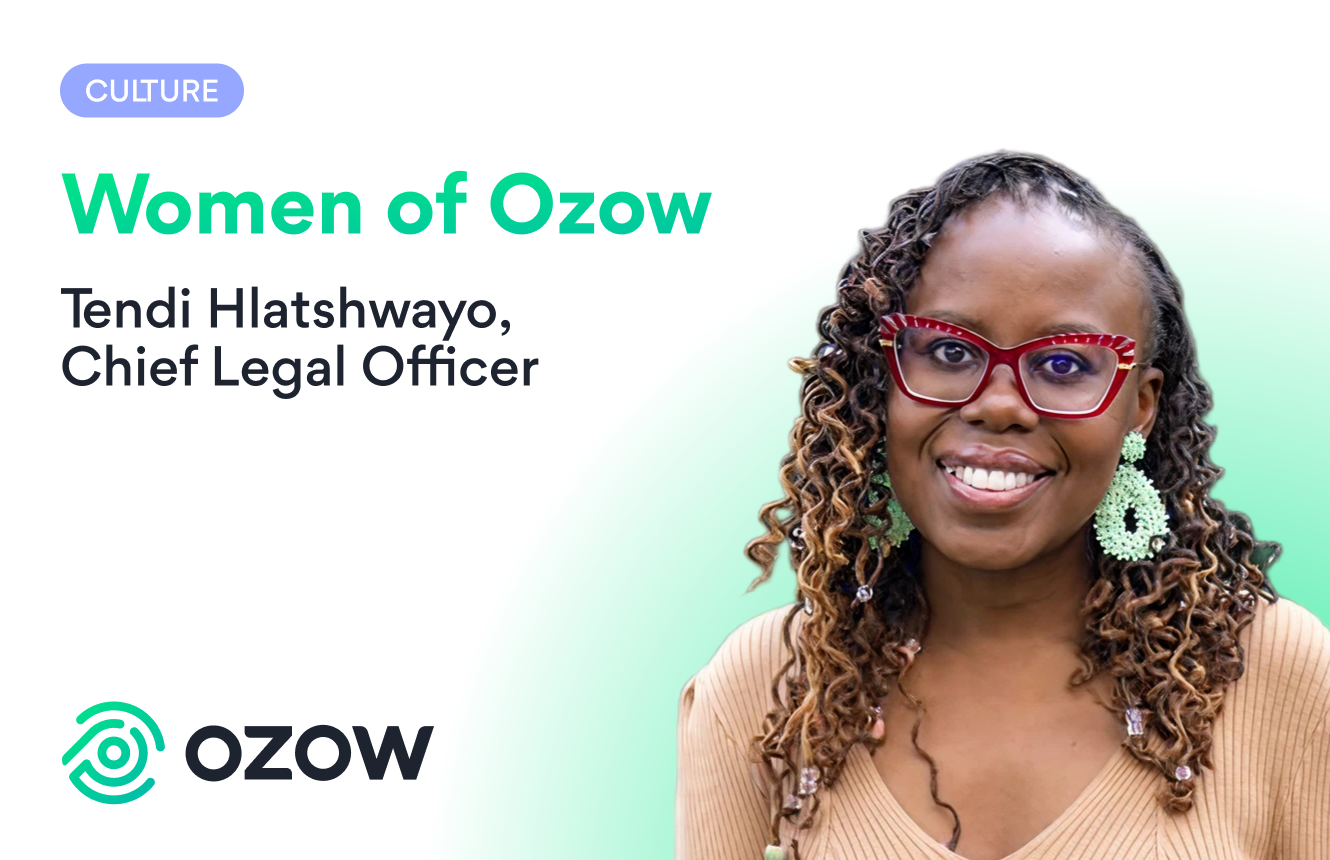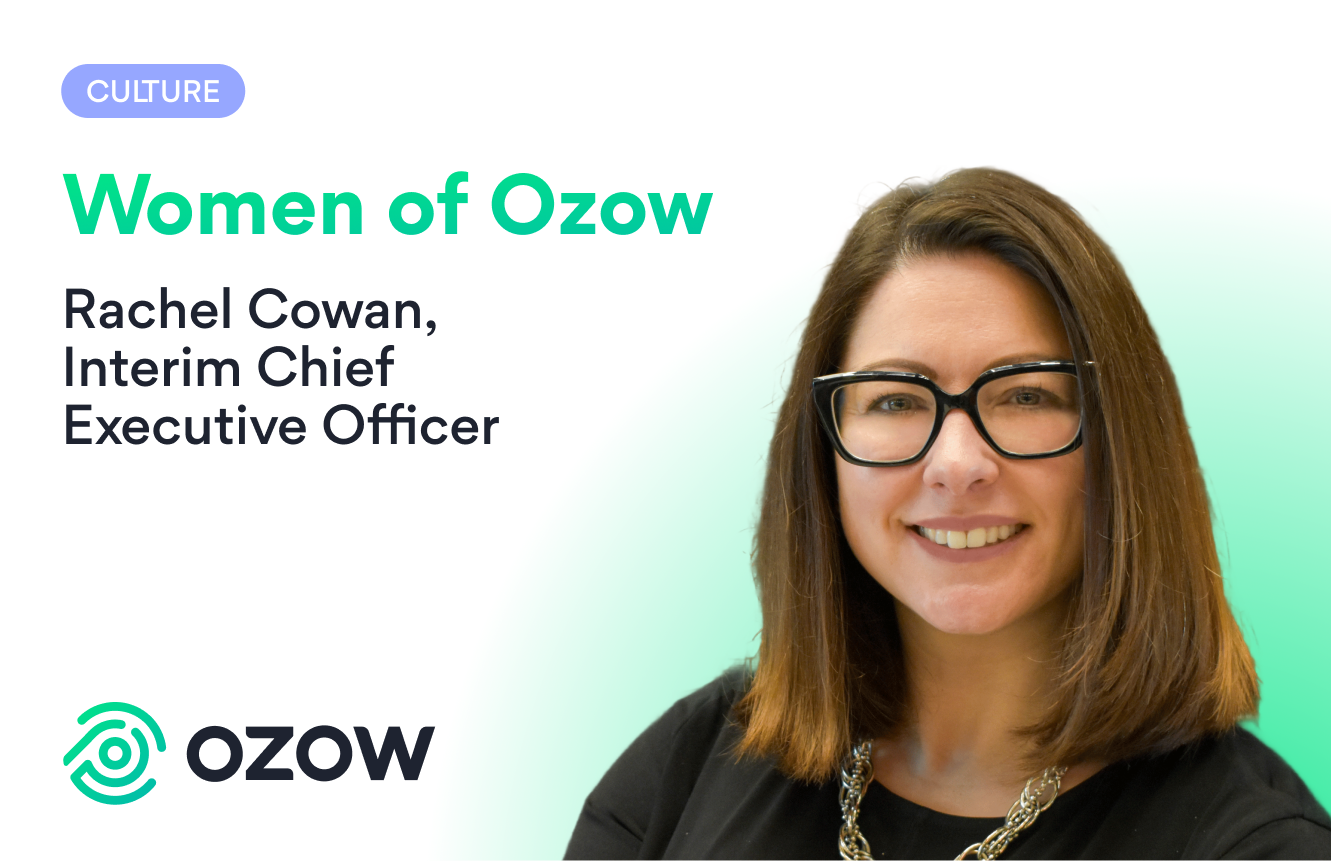.png)
“The power of the Universal Declaration is the power of ideas to change the world. It inspires us to continue working to ensure all people can gain freedom, equality and dignity." – United Nations’ Universal Declaration of Human Rights
The Universal Declaration of Human Rights (UDHR) was declared 73 years ago, and helped form the mandate for the United Nations (UN). Eight years ago, the UN established 17 Sustainable Development Goals, which stemmed directly from the UDHR.
.png)
These goals are the global benchmark for improving human rights protections and quality of life for groups such as the disabled, indigenous peoples, and women, amongst others.
One of the goals established in the SDGs is financial freedom. This goal has been included as one of the SDGs as part of the aim of realising an equal, sustainable and fair planet where humanity is upheld, and people are treated fairly.
Financial freedom refers to the ability to access and use financial services such as savings accounts, loans, and insurance products to secure and protect financial well-being. Access to finance has become an integral part of our society, though it’s too often overlooked in everyday life. As such financial rights are a crucial component of human rights.
According to the World Bank, more than 1.7 billion people worldwide do not have access to financial services. This lack of access to financial services is caused and exacerbated by a lack of access to tech, and by geographic limitations (such as those living in rural areas).
The reality is, not everyone has equal access to financial services, which leads to exclusion and inequality. This rings all too true in South Africa where 85% of our population is banked, yet still reliant on cash. This puts the vulnerable at risk of crime, amongst other challenges. Thanks to the power of technology to de-cash the economy and expand financial access, we’re finally beginning to see unprecedented changes and improvements in the lives of many who haven't participated in the digital economy before.
.png)
So, as South Africans celebrate Human Rights Day it's important for us to reflect on the impact of financial rights, and the role they can play in giving ordinary South Africans opportunities to better their lives.
Access to financial services
A report by the South African Reserve Bank (SARB) found that more than 11 million South Africans do not have access to formal financial services. This lack of access has a significant impact on the lives of many South Africans, particularly those in rural areas and informal settlements.
.png)
“The World Bank Group considers financial inclusion a key enabler to reduce extreme poverty and boost shared prosperity.” - The World Bank
Financial exclusion is a significant contributor to poverty, inequality, and social exclusion. Without access to financial services, people cannot save money, invest in businesses, or plan for their futures. Added to this, a reliance on cash has become a big problem for developing countries, in South Africa alone cash accounted for at least 50% of consumer transactions in 2022, and nearly 90% of the informal economy. In our cash economy, the informal sector makes up 28.8% of our GDP. In this segment of the economy, the already-vulnerable are made more so by the prevalence of cash theft. In these communities, cash is the engine which keeps the poverty cycle spinning.
.png)
The right to access financial services
The UDHR recognizes that everyone has the right to a standard of living adequate for the health and well-being of themselves and their families. This includes the right to food, clothing, housing, and medical care. It also extends to necessary social services, and the right to security in the event of unemployment, sickness, disability or any other circumstances not in their control. Financial services are a necessary social service that enables individuals to achieve these basic needs.
On a broader scale, financial services are critical for economic growth and development. These services enable people to save, invest, and access credit, which in turn stimulates economic activity and creates jobs, thus creating a better standard of living, safer environments and opportunities for communities to prosper and advance.
Technology is a key enabler of this process – and the results are already starting to show in our country. Companies like Ozow improve financial inclusion and promote economic activity, greatly impacting the progression of any economy through technological innovation.
The role of technology in promoting financial inclusion
Technology has played a significant role in promoting financial inclusion in South Africa and around the world. Digital financial services, such as mobile money and digital wallets, have enabled millions of people to access financial services for the first time.
Recently the South African Reserve Bank and BankservAfrica have been making the first steps in their goal to de-cash the economy. The Rapid Payment Program (RPP) aims to give all South Africans the ability to make small money transfers in an instant. The initiative forms part of the SARB’s open banking framework and goals for achieving a cashless society by 2030. It represents an important step in the whole-society drive towards financial inclusion.
Third-party digital financial services equally have the potential to transform the financial landscape in South Africa. However, there are still many challenges that need to be addressed to ensure that these services are accessible to all. These challenges include the high cost of data, lack of digital skills, and infrastructural challenges.
That's why fintech exists.
Fintechs close the massive gap between the unbanked and the banked, increasing access to the ever-growing digital economy by serving those overlooked by traditional financial systems. For instance, over the past three years smart phone penetration has risen by over 15%, yet mobile banking is still complicated, and virtually unusable in the informal economy. Ozow enables people to make easy mobile payments all while zero rated – no data needed. At the same time, our goal is to make digital payments accessible to the very informal economy that's so often overlooked by larger financial institutions.
At the end of the day, economic development includes not only economic growth but also social progress, environmental sustainability, and the promotion of human rights. Human rights are essential for development because they provide the foundation for a just and equitable society. When human rights are respected, protected, and fulfilled, individuals are empowered to participate in the development process and to fully benefit from its outcomes.
Celebrate your rights and financial freedom this Human Rights Day.
Citations
No citations available
-
Staff Writer








